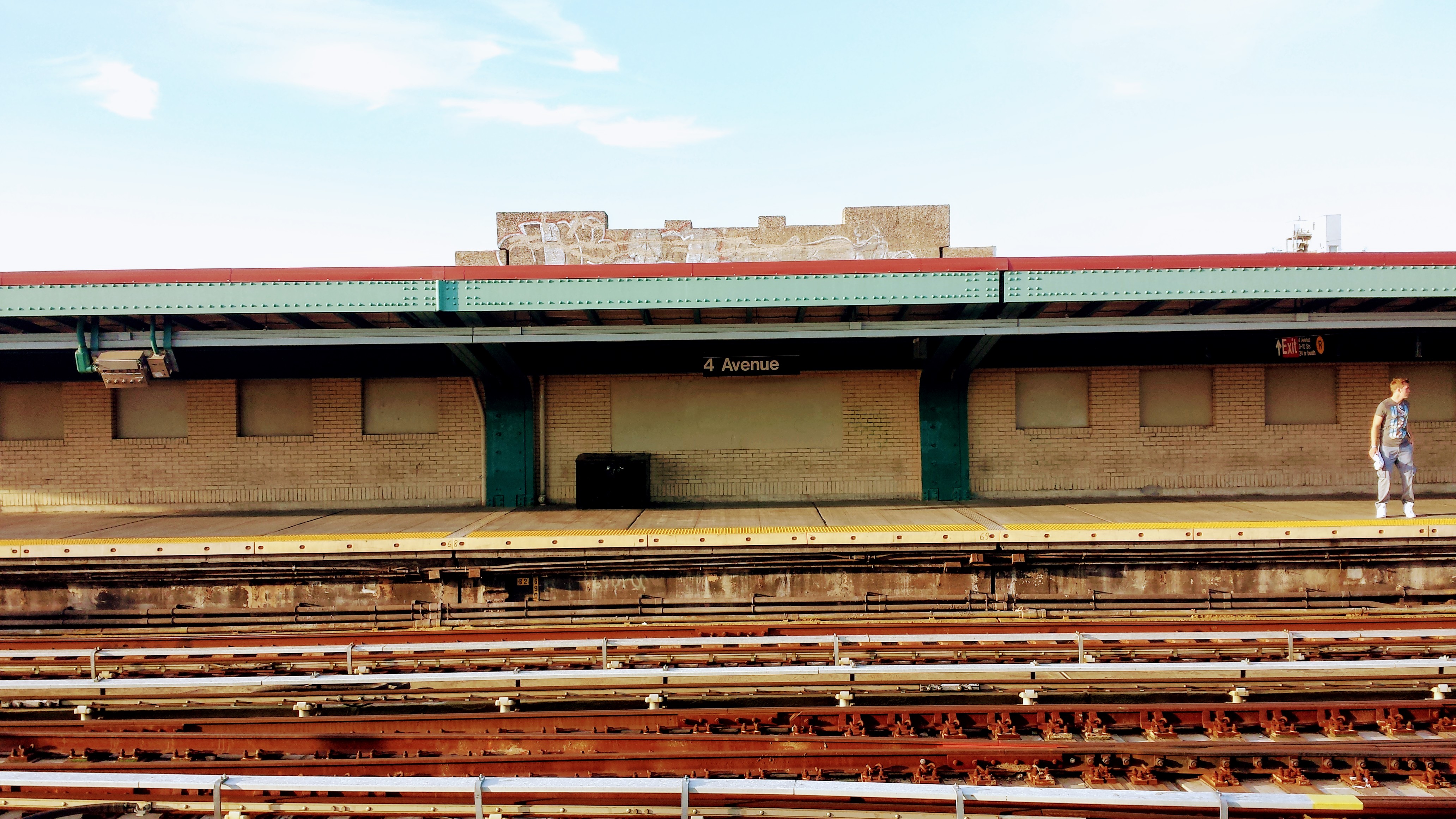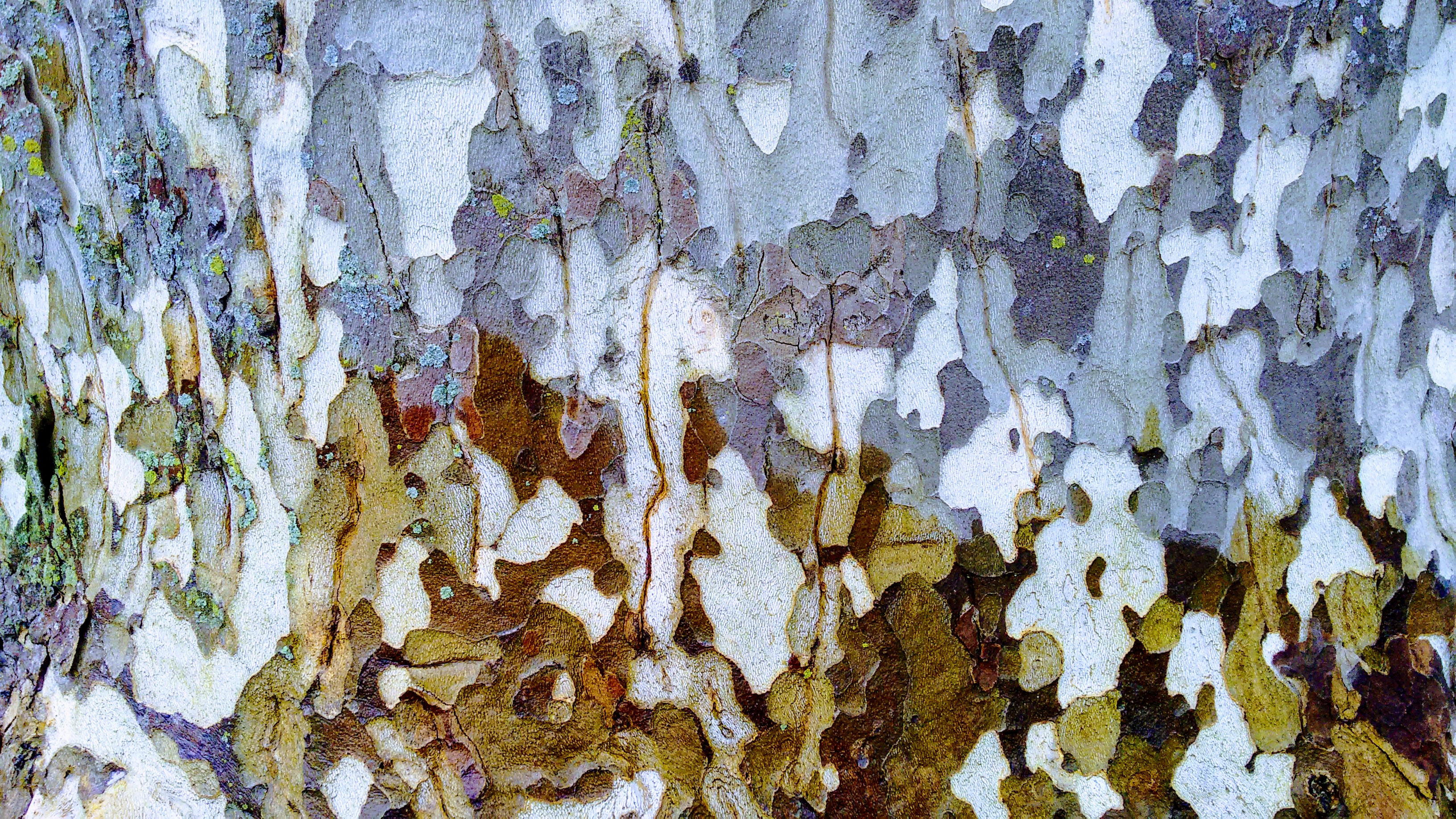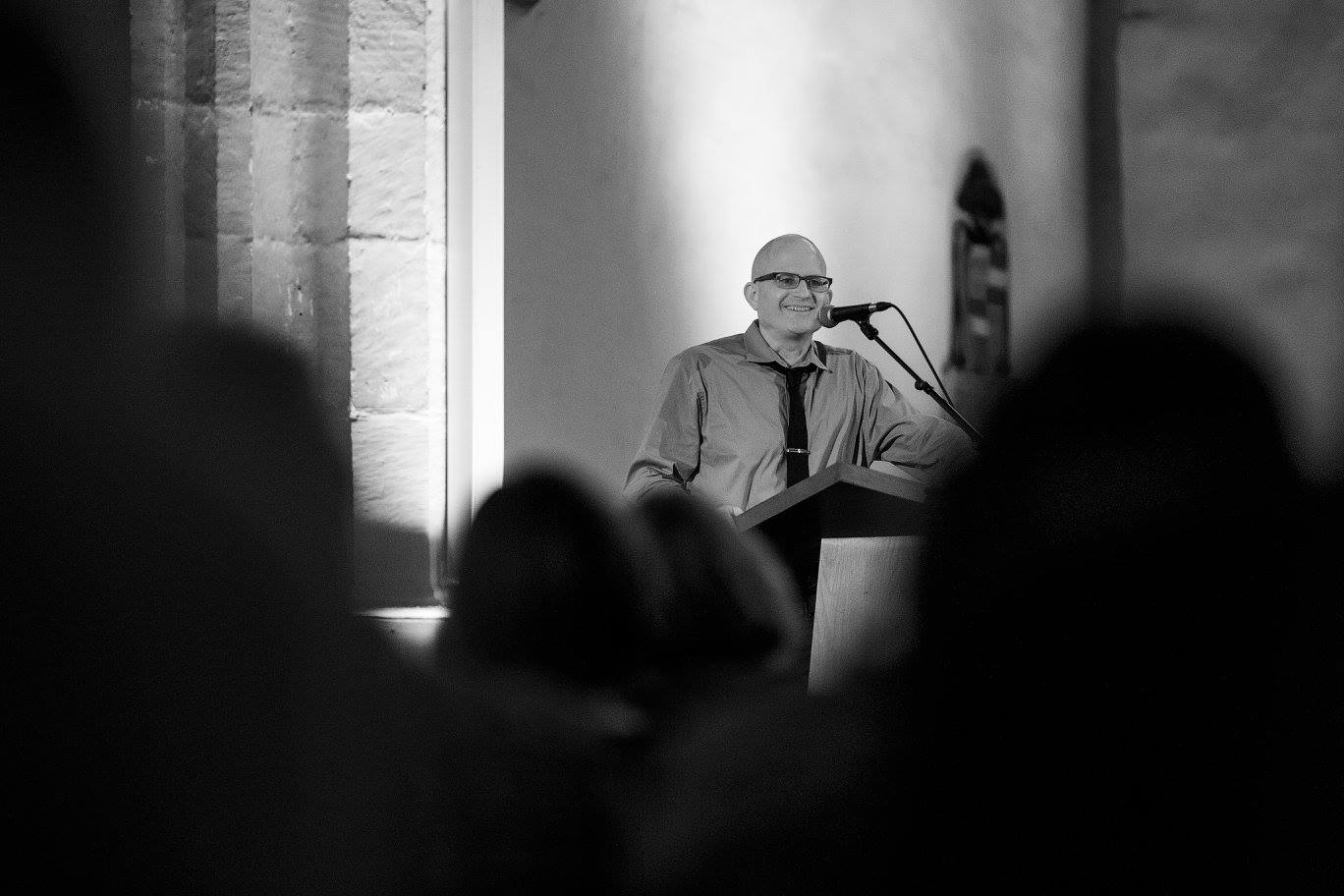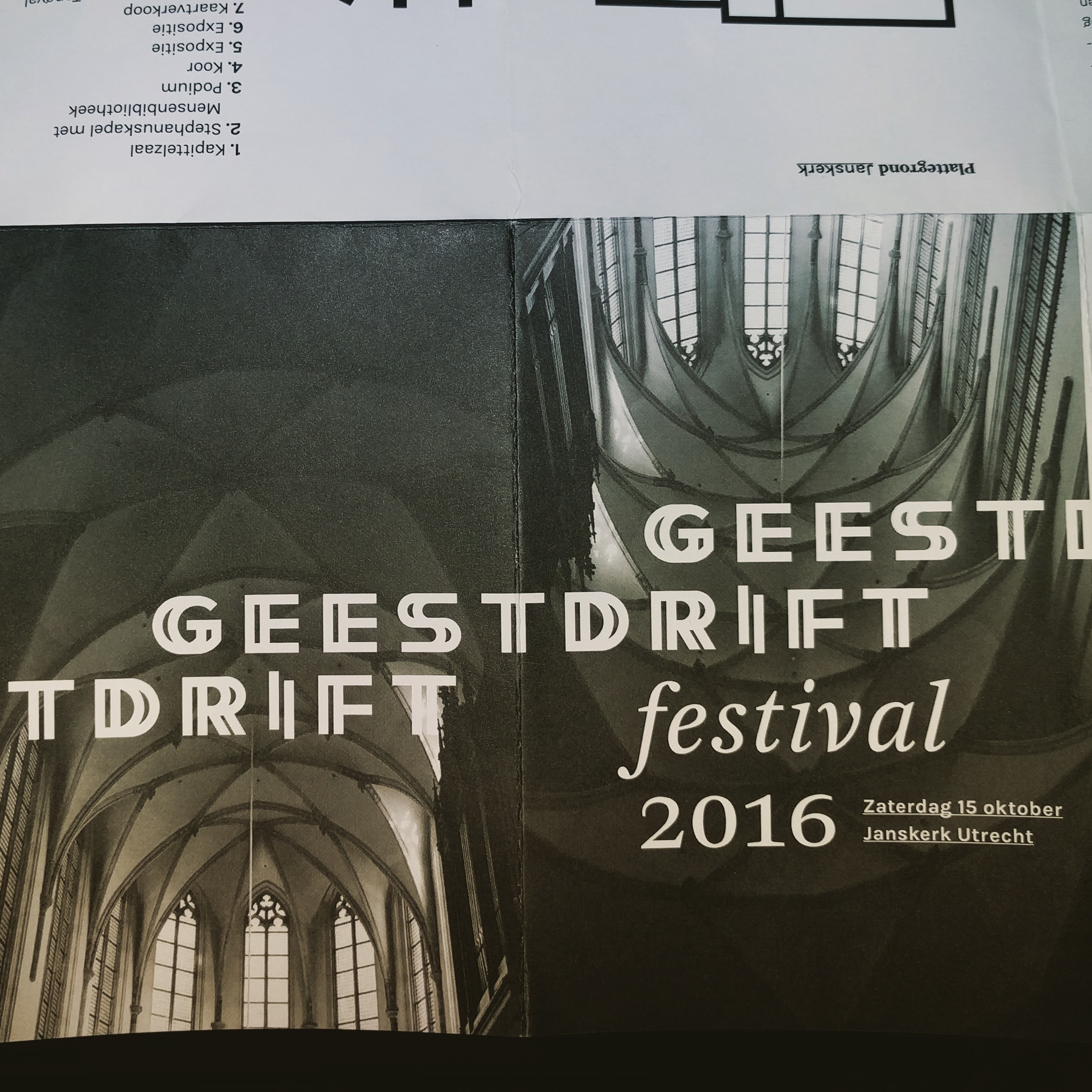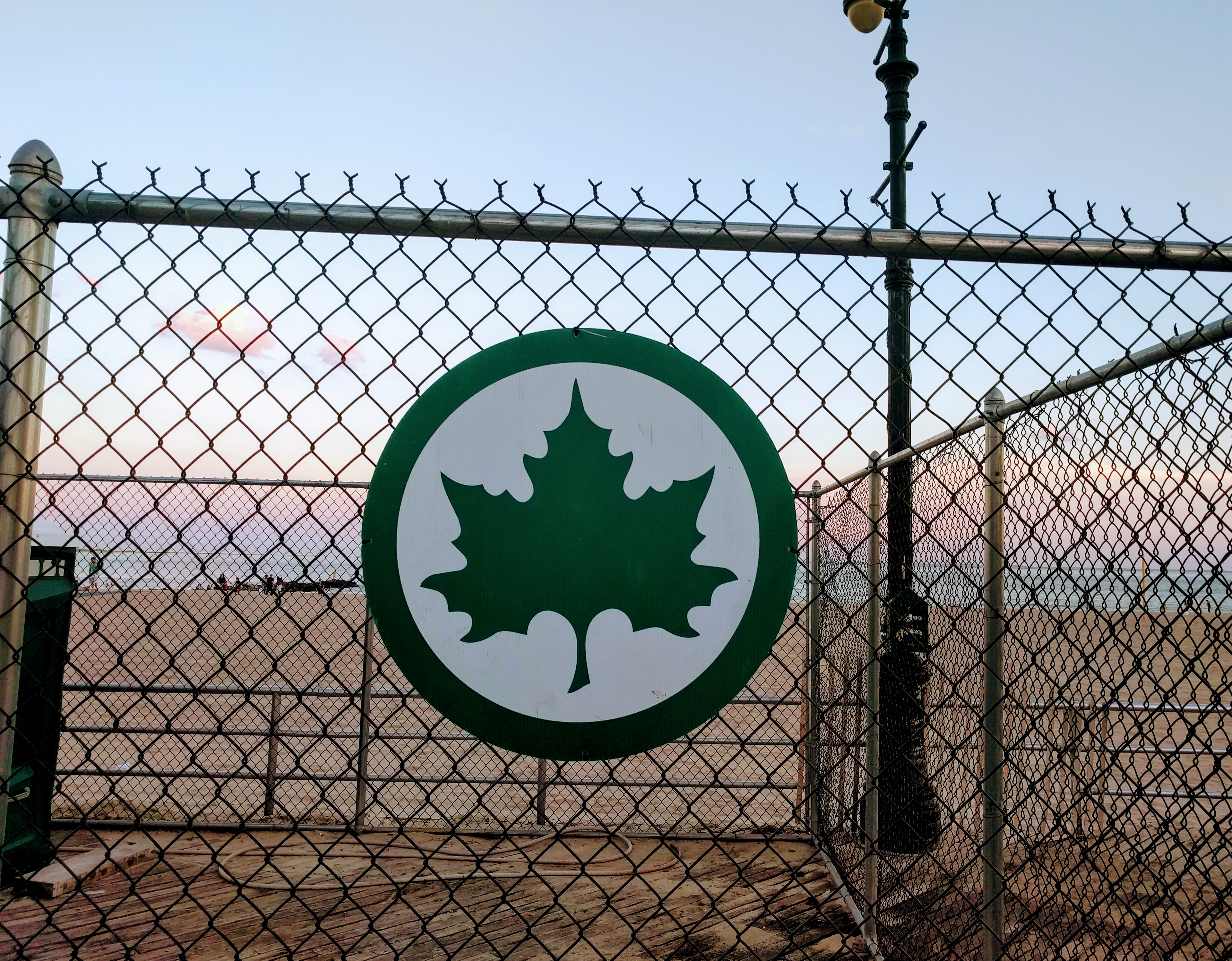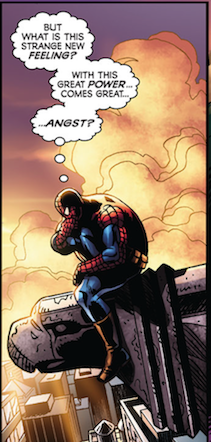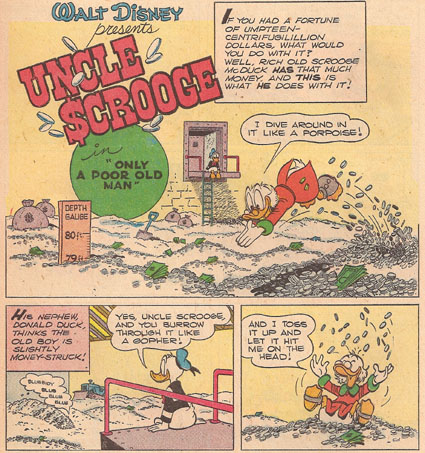I live in Brooklyn. Ditmas Park, West Flatbush (or Midwood; more on that below), Brooklyn, to be more exact. I’ve been in the greater NYC for over 8 years and have lived in Greenwich Village (in Manhattan), Williamsburg (Brooklyn), Greenpoint (Brooklyn), Chelsea (Manhattan), Middle Village (Queens), Jersey City (New Jersey), and now, for the past 2 years or so, Ditmas Park, a neighborhood noted for its high concentration of Victorian houses and towering London Plane trees (as I’ve mentioned on this blog before). A New York Times article called it a “bustling area with a touch of country,” and indeed as I walk around looking at big houses with high turrets, wide porches with porch swings, elms, willows, magnolias, cherry trees, rhododendrons, and giant bushes-I-should-know-the-name-of-but-don’t which explode in the Spring into all kinds of bright colors, I can fool myself into thinking I’m not only back in my native North Carolina, but back in North Carolina 100 years ago. I half-expect my grandmother to walk out of one of these front doors clutching a banjo on her way to a church dance. It’s that quaint and beautiful. But then I reach one of the bustling streets – Coney Island Ave or Ocean Parkway, for example, and I flash-forward to a world my grandmother would never have recognized, and which I barely recognize myself. People from all different parts of the world bustle by me as if I don’t exist. I’m a stone they stream around on their way to somewhere else. There are multiple churches, synagogues, and mosques, and signs in Russian, Hebrew, Korean, Chinese, Spanish, Greek, Arabic, and Urdu. The street itself is a deadly plain full of roaring cars blasting hip-hop or merengue or the latest pop music, which rush by deafeningly, then fade. If you push the “walk” button to cross the street, you’d better be ready to run, because there is barely time to get across before the light changes and 4 lanes of traffic lurch forward. I live less than 2 blocks from the BMT Brighton line of the NYC Subway. Since my windows are usually open, I can hear the faint rush of the B and Q trains clacking up down the tracks intermittently, all day and all night.
I like to go walking at night when things are a little less hectic. This is my time to soak it all in, to explore. And to eat. My go-to deli, the whimsically-named “Dream,” is owned by stone-faced Russians who either can’t or choose not to speak English or smile. I point to what I want and they dish it up stoically. Maybe a mass of soft pale bologna that tastes a lot better than it looks, and a bright purple cabbage-and walnut salad. My favorite sit-down restaurant is a Pakistani place open 24 hours. There, men in robes and taqiyahs crowd around a table and talk animatedly while a flat screened television above them plays pop music videos featuring young people doing elaborately choreographed dances in bright costumes. I stand in front of the hot pans. What do I want? I point again. A little bit of this, a little bit of that. Curried chicken or goat, A dozen different kinds of spicy lentils, nan. What do you recommend? I ask the man behind the counter. Please, sit, I make a plate, he says. I go and read my book, trying not to be distracted by the talking men and the music videos, and he brings me a styrofoam plate full of steaming delicious dishes, and a pewter picture of water. There’s also a salad of ice berg lettuce and chickpeas, which I don’t like because there’s too much dressing on it. Sometimes they give me a little dessert on the way out the door.
When I first moved here, I got off the subway and asked an old-timer where we were. “Flatbush,” he said. I asked a younger person and he said “Ditmas Park.” Still others said “Midwood.” A realty company has the area listed as “Fiske Terrace.” Google maps apparently thinks Flatbush and Ditmas Park are the same thing, and in fact uses the cumbersome designation “Flatbush-Ditmas Park.” If you do a Google Search for “Midwood or Flatbush” you can find different people calling the same neighborhoods different things for different reasons. There’s a lot of history here. Ebbets Field, where the Dodgers used to play, was close by (it was razed and replaced Apartment buildings). Edward Murrow was from here, and Mel Blanc used to say Bugs Bunny had a Flatbush accent (but I’m a little skeptical of this as Blanc was from San Francisco. Could he really distinguish the different accents of the different NY boroughs?), and indeed you might find an old-timer around who says “Dese” and “dose” and sounds like he’d be at home in a Jimmy Cagney gangster flick, but there aren’t too many of those accents to be heard day to day. Philip J. Fry of “Futurama” fame is from here (one of the writers on the show did grow up here and wrote his old neighborhood into the show). My landlady has been here for decades and has 4 sons. They all have dark curly hair, and occasionally an old timer out walking his dog will squint at me and say “now which one are you?” and I’ll smile and say “None of them. I’m Jason, I just rent a room.” “Ahh you fooled me,” the old-timer will say. “I thought you were Dimitri.” The sons tell of a time growing up in the 70s and 80s back when crime was high and it wasn’t as safe to be here. They speak of it with a certain nostalgia and pride. “You shoulda been here in the old days, back when shit was real,” they’ll say, drawing on a cigarette with a far away look in their eyes. This is common with my friends who grew up here. They exhibit a certain pride, an authority rooted in experience and mystique. They knew NYC when it was seedier, grittier, realer. Back before people like me moved in from other places. On the other hand, New York is of course is the story of people who moved here from other places. Some of them stay for awhile and settle in, most of them move on.

